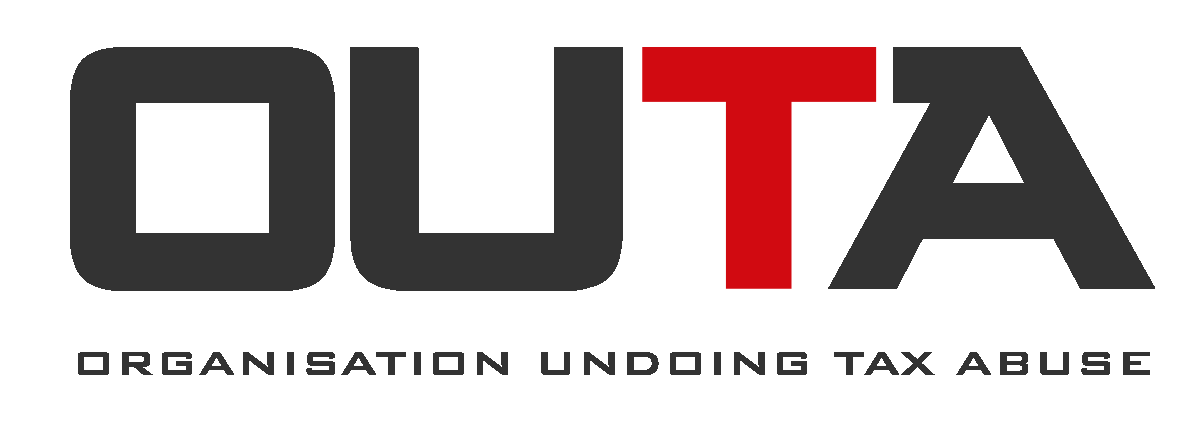l
Image: OUTA
Electricity Regulation Amendment Bill is a step in the right direction
On 29 April 2024, OUTA submitted comments on the Electricity Regulation Amendment Bill (ERA bill) to parliament’s Select Committee on Land Reform, Environment, Mineral Resources and Energy.
In its submission, OUTA urges the government to proceed with liberalising, reforming and restructuring the electricity supply and distribution industries in South Africa as a matter of urgency, in order to unlock the economic potential of the country and to overcome the electricity supply constraints which inhibit investment, economic growth and job creation.
OUTA supports the broad intent of the ERA Bill but is of the opinion that more needs to be done. None-the-less, it is a step in the right direction.
“The whole point of the ERA bill is to move away from regulated pricing to more market-orientated pricing, with greater levels of competition and efficiency,” says Chris Yelland, energy expert and OUTA energy advisor.
OUTA's comments on the Electricity Regulation Amendment Bill
OUTA supports increased policy, regulatory, planning and pricing certainty and believes that the ERA bill goes a long way towards clarifying the intentions of government.
OUTA supports the efforts in the ERA bill to reduce unnecessary red tape and unnecessarily restrictive or prescriptive policy, regulatory and planning positions of government and state institutions.
OUTA supports the wheeling of power across both Eskom and municipal networks. OUTA believes the removal of unnecessary bureaucratic red tape for wheeling, virtual wheeling and token wheeling will facilitate the uptake of embedded, distributed and self-generation, will relieve Eskom of a demand that it is often unable to meet, and will reduce load shedding, load curtailment and load reduction to all electricity customers.
OUTA supports the facilitation of self-generation and co-generation by electricity customers to supplement their electricity needs, and the supply of any surplus energy they generate into the Eskom and municipal networks.
OUTA supports the opening-up of trading of electricity within the electricity supply industry, to facilitate a competitive and diversified retail electricity sector to serve residential, commercial, industrial, mining and agricultural customers of electricity.
OUTA supports the restructuring and unbundling of Eskom, by initially ringfencing its generation, transmission and distribution business activities into separate operating divisions.
OUTA supports the establishment of an independent transmission system operator (TSO), as this will improve electricity supply industry performance, cost efficiency and security of electricity supply.
OUTA is of the view that the ERA bill is still not clear or specific regarding the treatment of energy storage. In fact, no mention is made of energy storage at all. OUTA therefore recommends that there should be a specific new category for energy storage in the ERA bill.
OUTA supports streamlining of the National Energy Regulator (Nersa) registration processes for embedded generation. Currently, Schedule 2 of the Electricity Regulation Act requires registration by Nersa of all grid-connected embedded, distributed and self-generation installations above 100 kW.
OUTA believes that there is room for improvement in the definitions of the terminology used in the ERA bill and regulations. This is important to ensure consistency with the definitions and terminology used in various other legislation and regulations relating to the electricity supply industry.
OUTA recommends that the Select Committee should carefully review the ERA bill, and that the designated roles, responsibilities and powers of the “Minister” should be carefully considered and defined within the ERA bill, and correctly allocated between the Minister of Mineral Resources and Energy and the Minister of Electricity.
OUTA is of the opinion that the discretionary powers of the minister and Nersa should be limited to the maximum extent possible, and more work is needed on this.
OUTA strongly recommends that the ERA bill should include a clear requirement for the government to publish an Integrated Energy Plan (IEP), an Integrated Resource Plan (IRP) for electricity, and a Transmission Development Plan, annually.
OUTA is of the view that the role of Nersa in the setting and approval of prices needs to be reviewed, minimised and restricted to instances of market failure, and that this should be incorporated into the ERA bill.
Electricity regulation and pricing has an immeasurable effect on all sectors of the economy and therefore it is of utmost importance to enact legislation that diligently deals with the energy crisis in South Africa.
OUTA considers the ERA bill to be extremely important legislation for putting in place the necessary legal, regulatory, planning and pricing frameworks, rules and procedures to implement government policy for a restructured electricity supply industry.
More information
OUTA's submission is here.
Help us oppose corruption
OUTA is standing up against government corruption and mismanagement.
Our work is made possible though donations by our paying supporters.
Join us in working towards a better South Africa by becoming a paying OUTA supporter.
In 2023, we were in court challenging the Karpowership generation licences and SANRAL’s secrecy over toll profits. These cases continue.
We have also challenged electricity prices and we defend South Africa’s water resources.
We want to see South Africa’s tax revenue used for the benefit of all, not a greedy few.
Any amount welcome.
